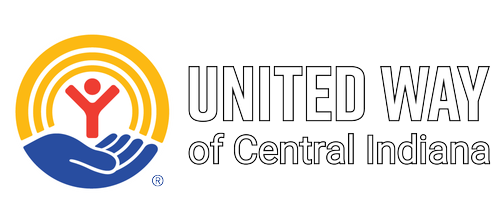Survivor-Driven, Trauma-Informed
Survivors lead the process, choose their own goals, and define services needed and safety protocols for themselves. It is important to ensure that the survivor has the needed supports in place that will empower them to live independently.
- Creating emotional safety
- Reestablishing choice and control
- Facilitating survivor’s connections and engagements in community supports
- Understanding and appropriately responding to trauma
- Assessing survivor’s current crisis situation, allowing survivor to create goals to promote growth, and building upon survivor’s strengths
Community Engagement
Case managers will complete ongoing assessments and evaluations to ensure that survivors are equipped with accessible, understandable, and specific resources, services, and connections within the community to assist survivors in meeting their goals.
- Equipping survivors with life skills classes to build skills, assets, and tools
- Connecting survivors with community referrals to provide needed services
- Practicing the art of accessing community resources with survivor to build confidence and comfort to complete autonomously
- Ongoing assessment of self-sufficiency matrix domains to determine lacking tools, skills, and resources
- Providing necessary support before and during implementation with evaluation for further assistance
Housing Options
For case managers, the ultimate goal is to motivate and equip each client toward a stable and independent lifestyle – affordable and sustainable housing with the essential community resources in place to act as building blocks to their ultimate success.
- Share the housing options that each survivor can pursue through the Are You Ready for Housing? class
- Collaborate with survivor to pursue each viable option
- Provide necessary advocacy, communication, and resource management to secure housing for survivor in their preferred and qualified housing option
- Assist survivor in understanding their lease rental agreement and/or any stipulations to their new housing arrangement
- Provide ongoing case management for up to one year of housing in order to monitor progress toward survivor’s goals and provide any other necessary support or connection to community resources



